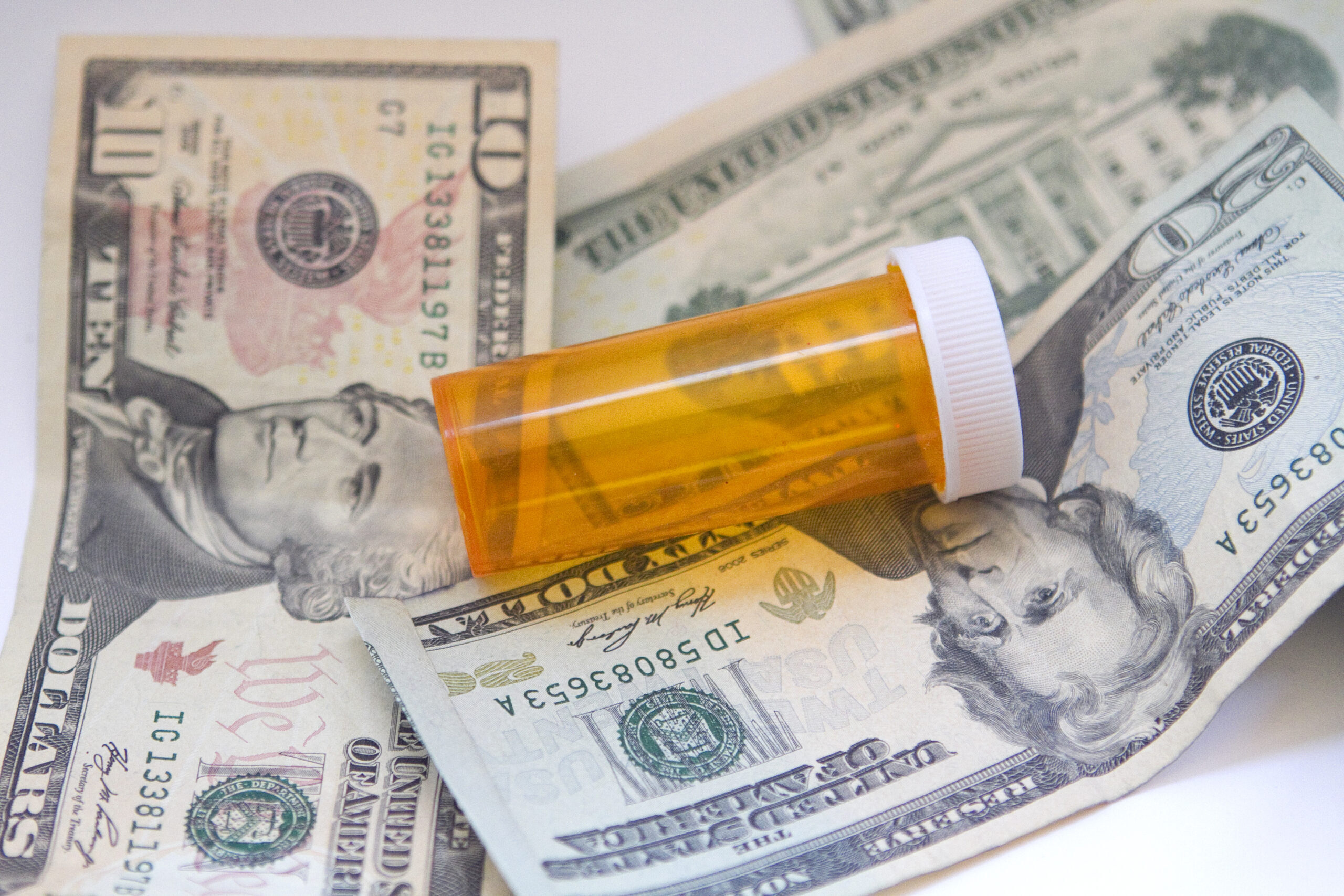© 2025 CSRXP- All Rights Reserved

DOSE OF REALITY: BIG PHARMA TAX AVOIDANCE PRACTICES COME UNDER SCRUTINY IN SENATE FINANCE HEARING
May 12, 2023
Report Finds Big Pharma Games the System to Avoid Paying U.S. Taxes While Price-Gouging American Patients
On Thursday, the U.S. Senate Finance Committee held a hearing titled, “Cross-border Rx: Pharmaceutical Manufacturers and U.S. International Tax Policy.” The hearing examined the pharmaceutical industry’s tax practices, in particular, following the passage of the Tax Cuts and Jobs Act of 2017. Ahead of the hearing, Senator Ron Wyden (D-OR), Chairman of the Committee, released a report from the Joint Committee on Taxation detailing how Big Pharma games the system to avoid paying U.S. taxes while price-gouging American patients.
As a summary of the report notes, Big Pharma has been able to reduce their tax burden by 40 percent since the 2017 tax law went into effect, by taking advantage of a loophole and moving taxable profits to overseas entities. From 2014 to 2016, Big Pharma paid on average 19.6 percent in taxes. In 2019 and 2020, that rate was reduced to an average of 11.6 percent.
The report summary also highlights that, “In 2021, the effective tax rate of every single one of the seven largest pharmaceutical corporations in the United States was lower than 15 percent, and substantially lower than the statutory corporate tax rate of 21 percent.”
In his opening remarks, Senator Wyden (D-OR) noted that this is particularly egregious because Big Pharma boosts profits by charging out-of-control prices in the U.S., but then reports those profits overseas, thereby significantly reducing their taxable income.
“For some companies, this is where they do the vast majority of their sales. For Amgen, it’s 74 percent. For AbbVie, it’s 72 [percent]. These are American companies selling to American patients, but their profits show up somewhere else. Amgen reported 60 percent of its profits offshore in 2019. AbbVie reported 100 percent of its profits offshore.”
According to the report, on average, while 80 percent of Big Pharma’s profits come from the U.S. market, almost 75 percent of the industry’s profits are reported overseas.
Senator Wyden (D-OR) also highlighted the example of brand name drug maker Merck, and its blockbuster cancer drug, Keytruda.
“The list price for Keytruda, a cancer drug produced by Merck, is $175,000 per year. Merck sold more than $37 billion of the drug in the U.S. between 2019 and 2022. According to our investigation, Merck reported virtually all of the profits on those sales overseas.”
Read the full report from the Joint Committee on Taxation on Pharmaceutical Manufacturers and U.S. International Tax Policy HERE.
Read about how Big Pharma used a windfall from the Tax Cuts and Jobs Act of 2017 to line shareholders’ pockets, rather than invest in research and development (R&D) HERE.
Read more on market-based solutions to hold Big Pharma accountable and lower prescription drug prices HERE.
